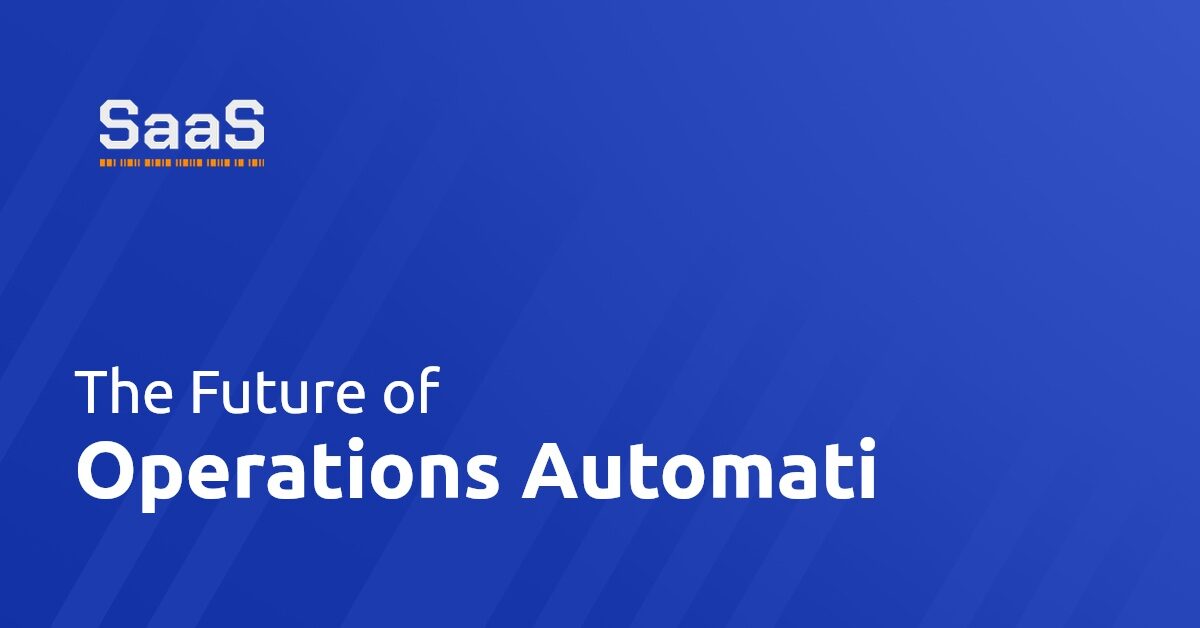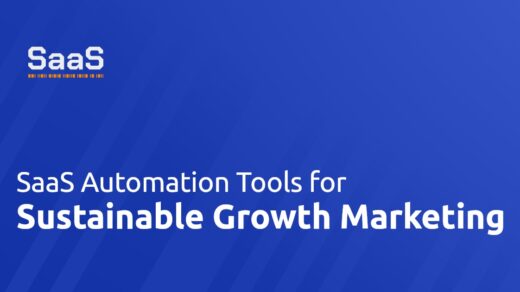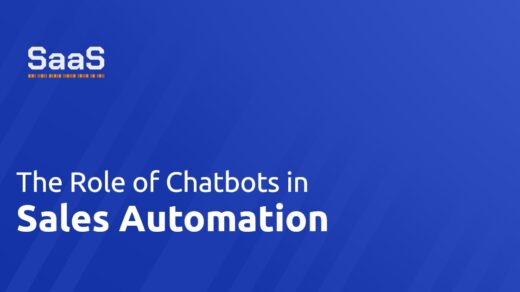Will AI revolutionize operations automation?
Artificial Intelligence (AI) is poised to make a profound impact on operations automation. Many industries are already harnessing the power of AI to simplify complex processes and enhance efficiency. For instance, AI can help streamline supply chains by predicting consumer behavior, thus reducing waste and bolstering profits.
Moreover, AI can revolutionize operations automation by automating mundane tasks, freeing up employees to concentrate on more strategic work. It does not only improve productivity but also reduces human error significantly, enhancing overall output quality. AI-based automation tools also enable organizations to make data-driven decisions by analyzing vast sets of data and gaining valuable insights.
The impact of robotics and machine learning.
In the operations realm, robotics and machine learning are two technologies that are set to dramatically alter the future. Using robotics in operations automation can boost productivity levels by performing tasks reliably and consistently without fatigue – increasing speed and reducing errors.
Machine learning, a subset of AI, enables systems to learn from data, identify patterns, and make decisions with minimal human intervention. In operation automation, machine learning can predict system disruptions or faults before they occur, consequently minimizing downtime and resulting in cost-saving benefits.
How automation will reshape the workforce
Automation is rapidly becoming an integral part of today's workplace. It leads to faster and more efficient task execution that humans would take longer to complete. Despite common fears, automation is not necessarily a job killer. Instead, it reshapes jobs and creates new opportunities.
Jobs involving routine tasks are the most common targets for automation. As these tasks become automated, workers can shift their focus to more complex, creative, and strategic aspects of their roles. Furthermore, workers can upskill to work alongside AI and robotics, creating a symbiotic relationship and a more productive workforce.
The untapped potential of operations process optimization
While many organizations have already embedded automation into their operational processes, the full potential of such systems is yet to be realized. Going further than simple task automation, the scope of operations automation can be extended to process optimization, driving higher efficiency levels.
Process optimization involves restructuring the entire workflow instead of merely automating tasks. It combines AI, machine learning, data analysis, and automation to redefine task flows, eliminate redundancies, and maximize output. As organizations tap into this potential, they will realize benefits like faster processing time, reduced costs, improved quality, and increased profitability.
In conclusion, the future of operations automation is bright, promising a more efficient and productive business environment. As organizations increasingly adopt AI, robotics, machine learning, and embrace the concept of process optimization, operations automation will continue to evolve, substantially transforming various industries.








